For the conclusion of Black History Month, Lafayette brought back one of its own alumni to discuss some recurring issues in athletics. Drew Brown, a 2006 Lafayette graduate and football player delivered the lecture “Outing Odell: Race, Gender, and Sexuality in Athletics” to an audience of students and administrators on Monday.
Through his days as a football player and a football coach, Brown realized that many young male athletes, especially black male athletes, feel as though success in athletics is the only way they can reach manhood. Brown defines the term “manhood” as a social construction regarding the maturity of thought and practices specific to males. Specifically, he explained that football players see reaching the NFL as a way to reach and maintain manhood.
Studying economics and business, Brown played as a linebacker. He followed his impressive college career by being drafted by the Edmonton Eskimos with the first pick in the fourth round of the Canadian Football League Draft in 2006.
After leaving the CFL, Brown received his Master’s Degree in African-American Studies at Clark Atlanta University and his Doctorate from Temple University. He is now an African American Studies Visiting Scholar at the University of Houston. In his work, he examines the cultural relationship of race, sports and gender to black lives.
In his talk, he continued by talking about the problem that men feel the need to protect their manhood. This often leads to violence, aggression and hatefulness. Brown explained how manhood develops into patriarchy, white supremacy and eventually results in African-American men feeling the need to seek “hyper masculinity” and cool pose.
Brown related his discussion to hot button issues such as domestic violence in the NFL, and what he calls the NFL’s tendency to become a “playing field to prison pipeline.” As per the title of his talk, Brown concluded his discussion by explaining his viewpoint on the recent incident involving New York Giants wide receiver, Odell Beckham.
Beckham had what many called a “meltdown” in a game against the Panthers this past December. He was suspended for one game for receiving three penalties for unnecessary roughness. In one of these hits, Beckham intentionally struck a Panther cornerback with helmet-to-helmet contact.
Beckham, known for being an NFL player who dares to defy the traditional views of manhood by dyeing his hair and dancing, had experienced criticism for straying from the behavior deemed appropriate for men in the NFL. During his warm-up in the game against the Panthers, a member of the Panther’s practice squad brought a baseball bat onto the sideline and motioned it towards Beckham.
Brown argued that Beckham’s inappropriate behavior during the game was likely a response to this stunt. Beckham felt threatened, as this bat stunt put into question both his manhood and sexuality. In an attempt to protect his manhood, Brown believes Beckham responded with violence during the game.
The audience was composed of studies from a variety of relevant courses, as well as of a number of athletic and academic administrators.
Junior Julie Vuotto, a member of the track and student in the course “Sociology of Sex and Gender,” found the talk particularly relevant to her class. “I think that intersectionality is a concept that many people don’t consider. Race, gender and class all play a part in who are and what privileges we get throughout our lives,” she said. “It was interesting to hear Dr. Brown’s experiences and how we can more appropriately address issues of inequality.”
Similarly, senior Aliza Furneaux was impressed with Dr. Brown’s presentation and background.
“It was inspiring to hear from a Lafayette graduate, who was able to take his own experiences and passions and turn them into an academic career,” Furneaux said. “His work helps society to better understand the intersection of race, class, and gender specifically to the experience of black males.”





















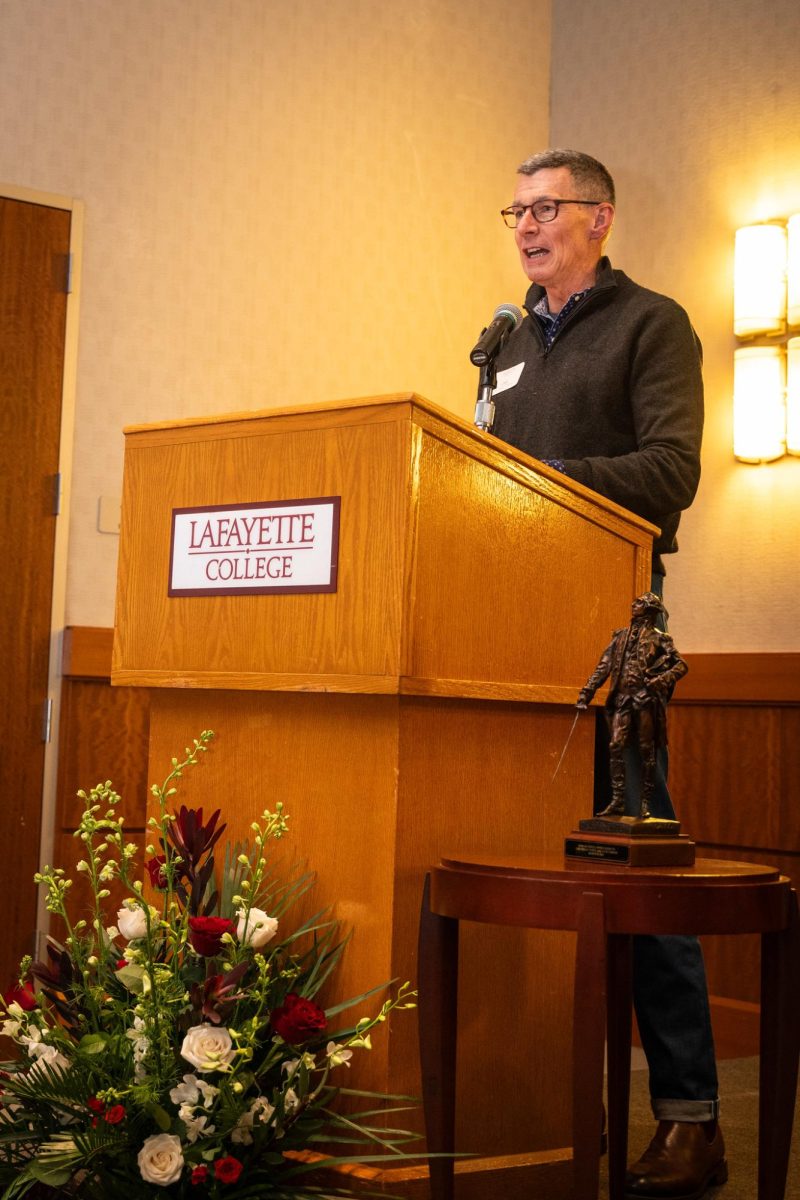
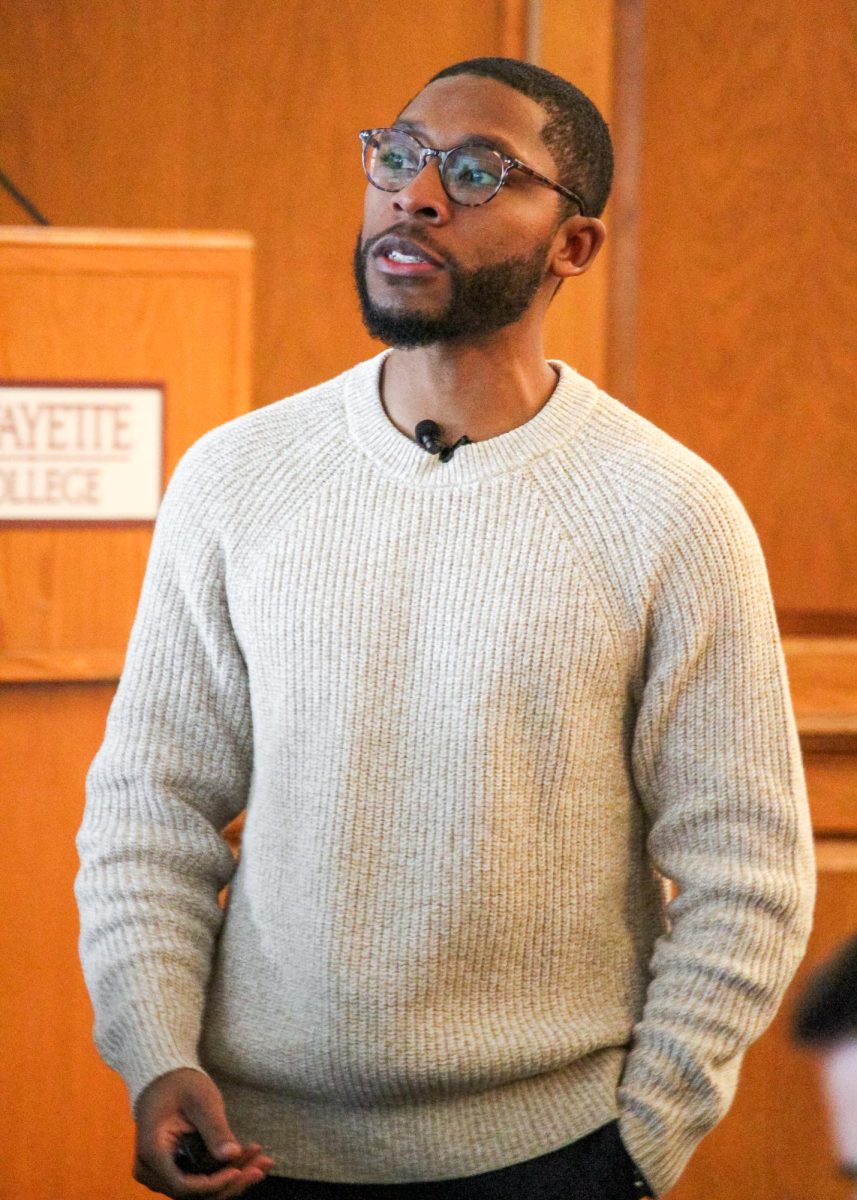

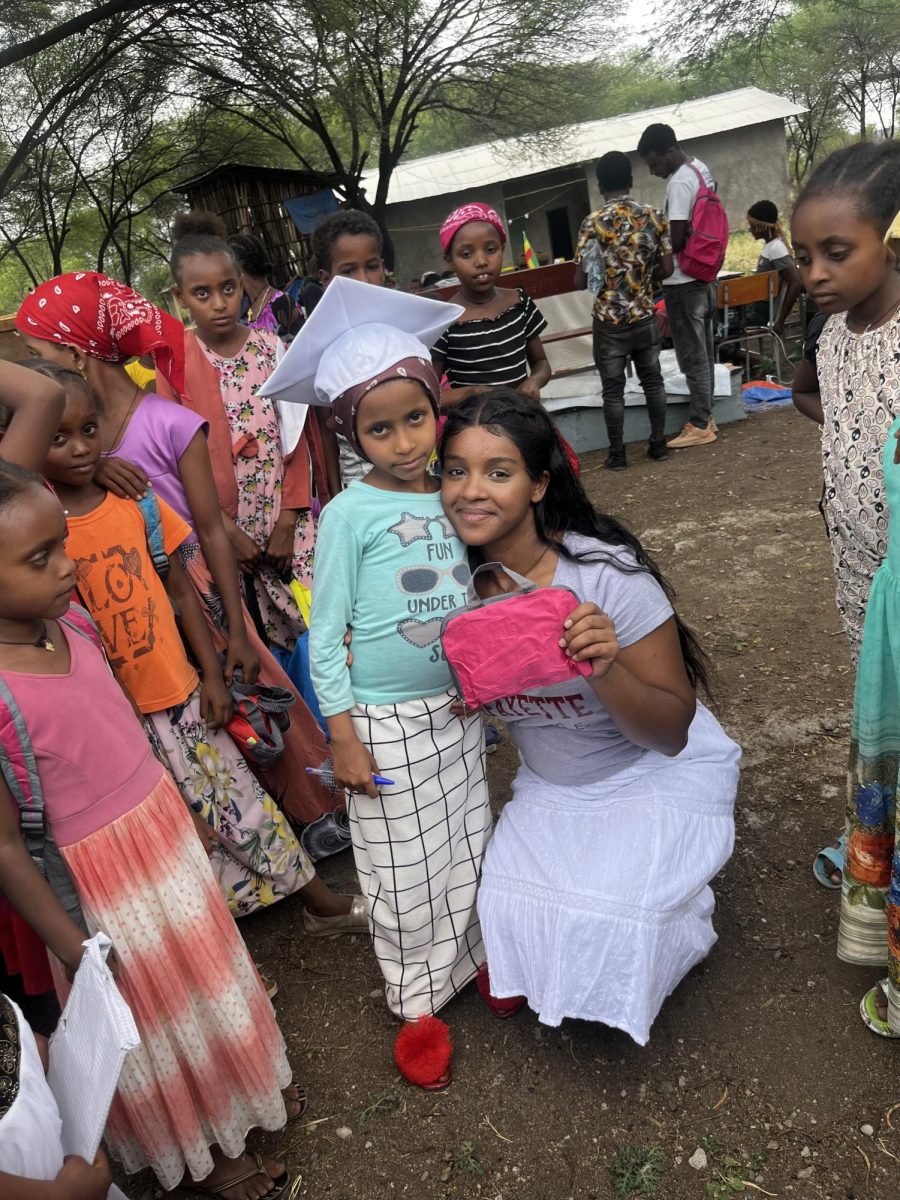
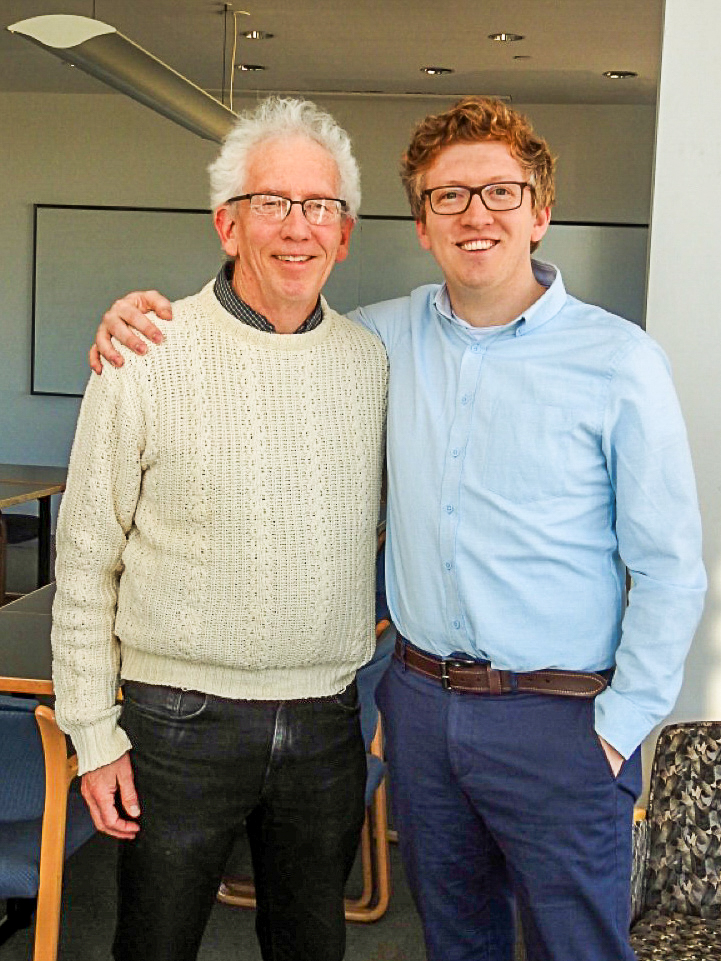










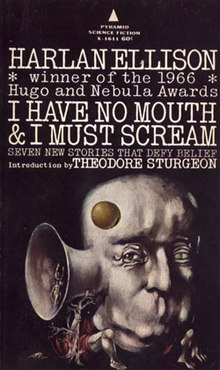
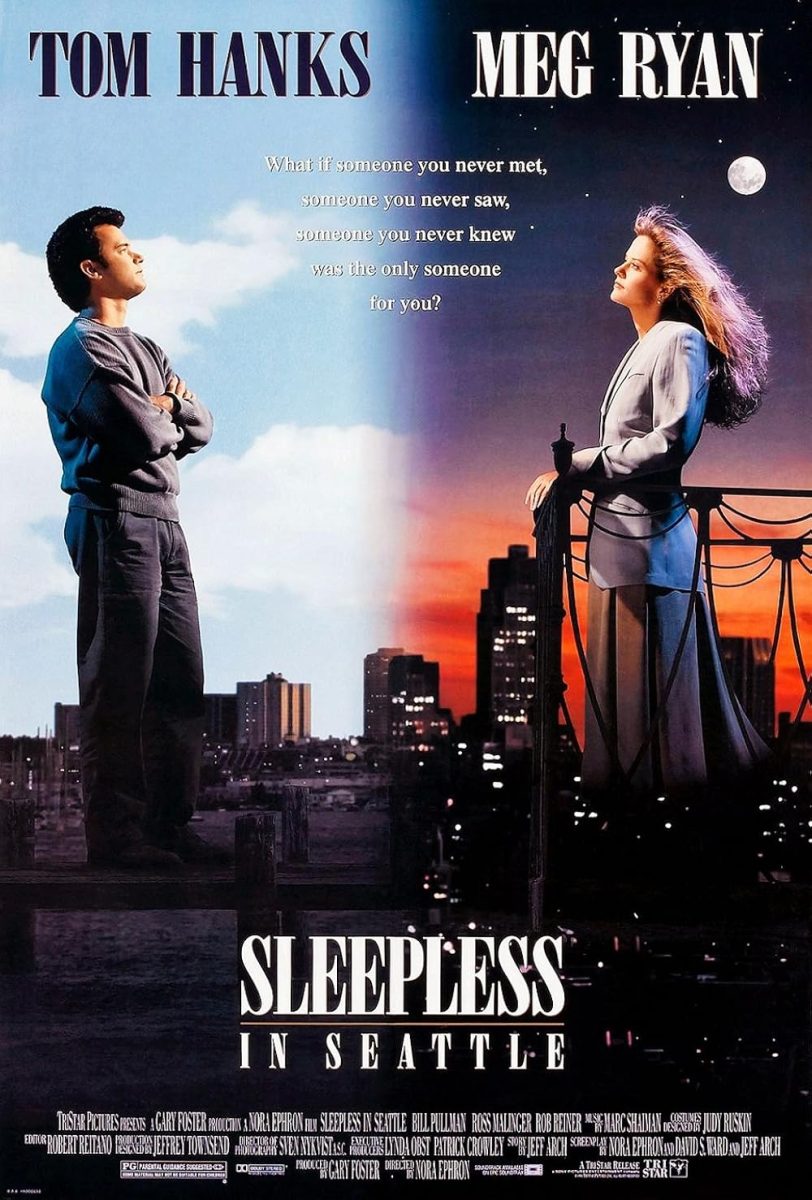




















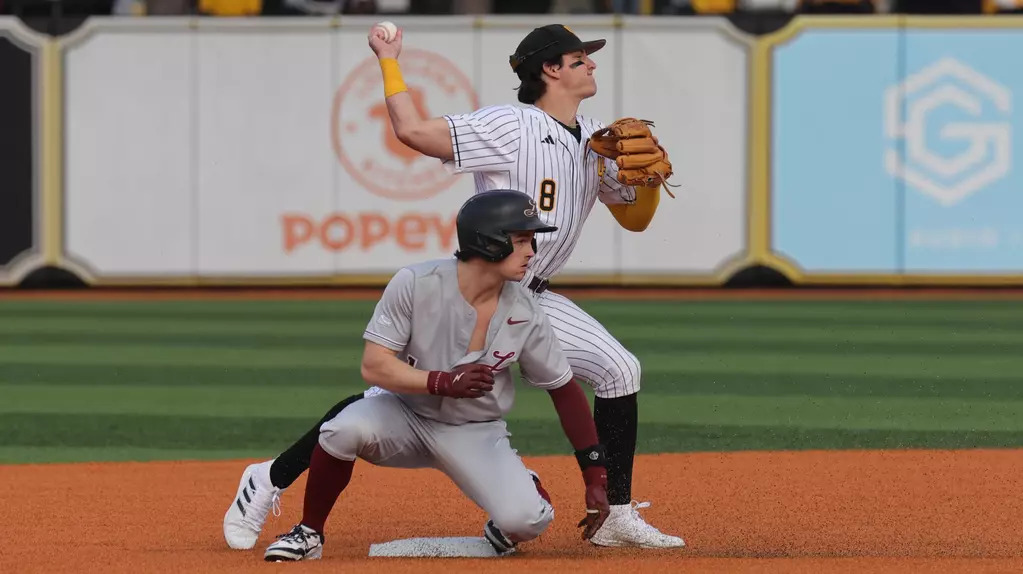






















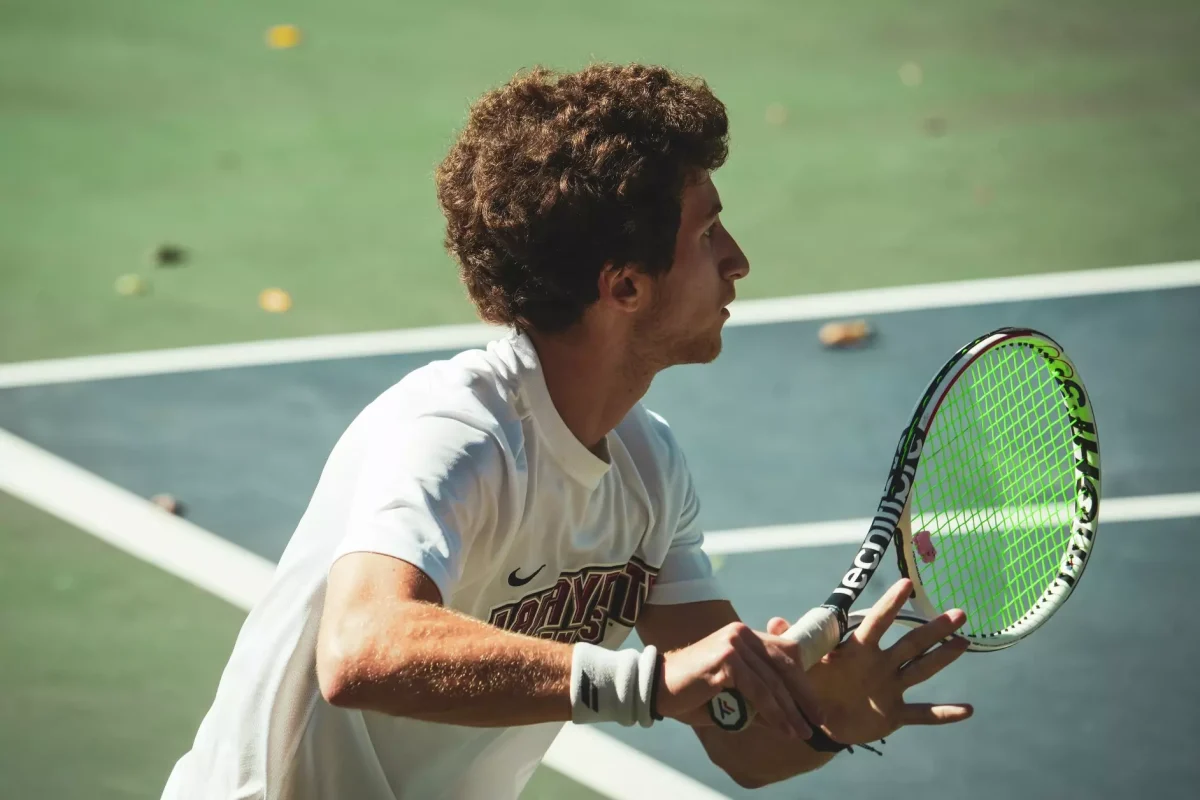























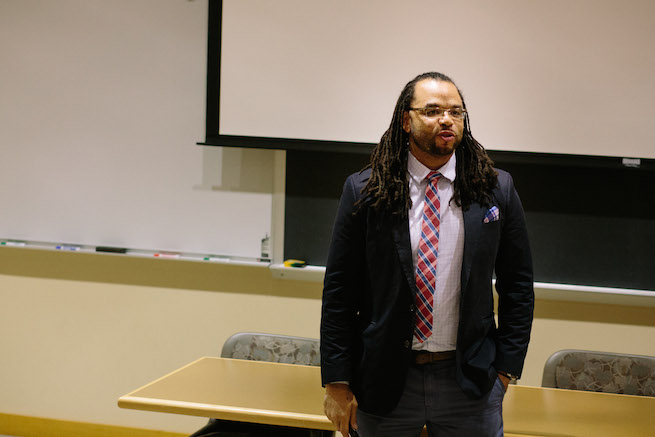
William Rappolt '67 • Mar 4, 2016 at 2:20 pm
Aliza Furneaux is one of our great junior field hockey players. She will be on the field NEXT year as a senior.